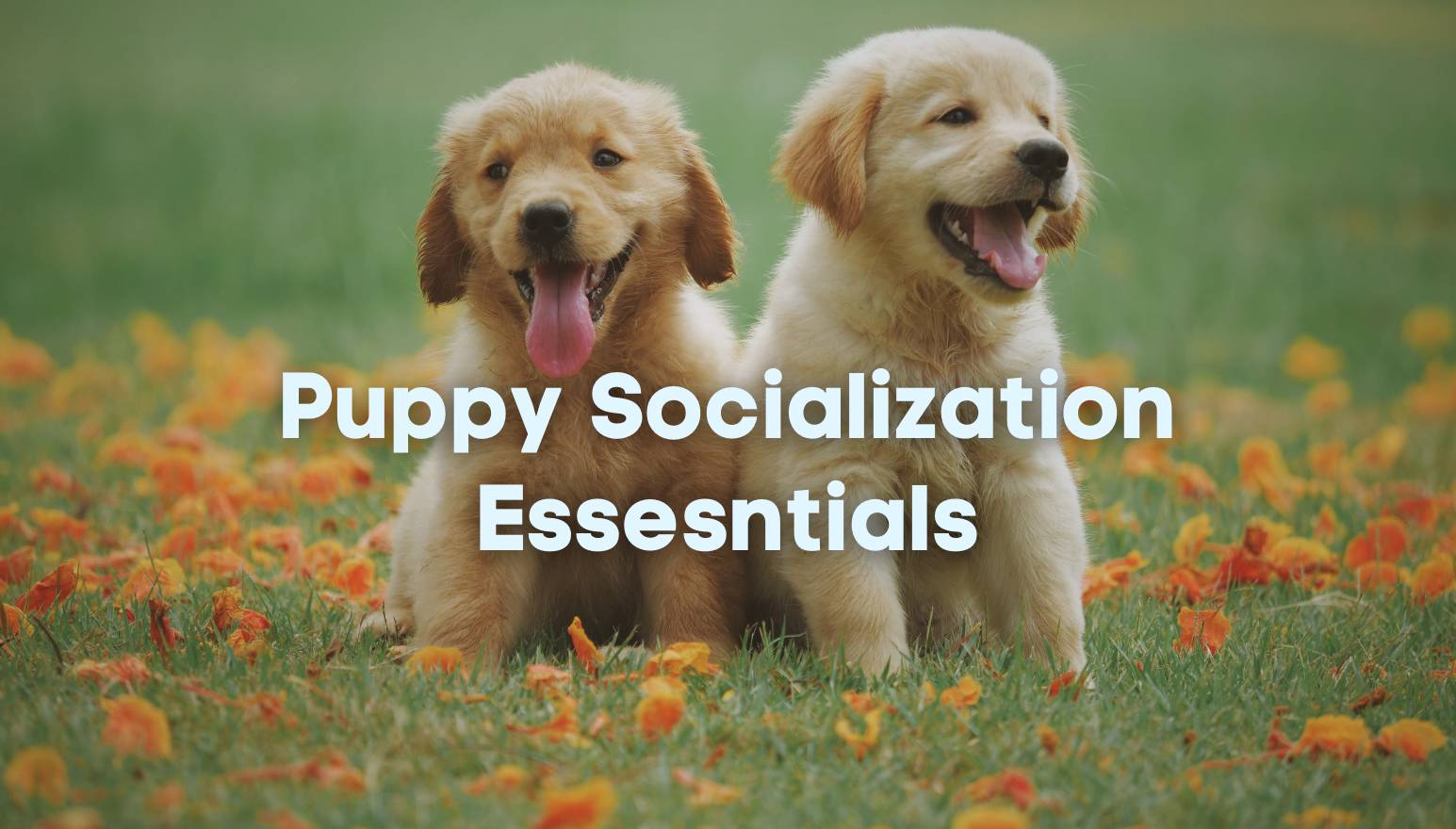By Susan Claire, CPDT-KA

This very fearful dog is showing that he does not want to be approached via his hunched position, flat ears, whites of the eyes and very slight curling of the top lip. Ignore his signals and you may get bitten. Photo: Susan Nilson
If you own a dog, then you teach English as a second language. A dog’s native tongue is body language. Yet, dogs adapt and learn our English words with remarkable ability. There are many emotions that we share with our canine friends, and some that we project onto them. It’s in our best interest to learn about how our dogs really think and feel and learn. If you insist your dog learn your language, then it’s only fair you make the effort to learn his. This will facilitate mutual understanding and communication.
The Myths of Spite and Guilt
Humans love to attribute these two motives to dogs. In reality, dogs experience neither guilt nor spite. When returning from a hard day’s work, you might get annoyed walking into a foul-smelling house and finding a cold pile on the floor. Perhaps you yell at the dog and punish him by rubbing his nose in it. Or maybe you’re more evolved than that, and just scowl, sigh, and complain loudly as you clean it up. Either way, your dog knows you are angry and it’s scaring him. He has no idea why, however, because he had that potty accident hours ago. And he did it simply because he had to go and no one was there to let him out. That’s it- no ulterior motive. How very silly to imagine dogs would use their urine and feces to make a point, or “spite” us. Really, what species does that? Oh, that’s right, primates do.. ( ever been to the zoo?) Luckily for us, dogs are not spiteful, as they’d have all day to plan their revenge- and I imagine it would be far worse than a little potty accident on the floor!




